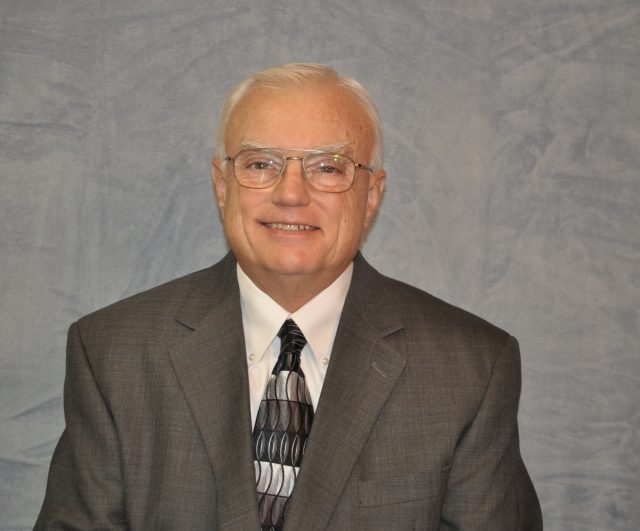ABOUT US
Who are the Churches of Christ and what do they believe?
What We Believe
What is the distinctive plea of the church of Christ?
It is primarily a plea for religious unity based upon the Bible. In a divided religious world it is believed that the Bible is the only possible common denominator upon which most, if not all, of the God-fearing people of the land can unite. This is an appeal to go back to the Bible. It is a plea to speak where the Bible speaks and to remain silent where the Bible is silent in all matters that pertain to religion. It further emphasizes that in everything religious there must be a "Thus saith the Lord" for all that is done. The objective is religious unity of all believers in Christ. The basis is the New Testament. The method is the restoration of New Testament Christianity.

What We Believe

What is the distinctive plea of the church of Christ?
It is primarily a plea for religious unity based upon the Bible. In a divided religious world it is believed that the Bible is the only possible common denominator upon which most, if not all, of the God-fearing people of the land can unite. This is an appeal to go back to the Bible. It is a plea to speak where the Bible speaks and to remain silent where the Bible is silent in all matters that pertain to religion. It further emphasizes that in everything religious there must be a "Thus saith the Lord" for all that is done. The objective is religious unity of all believers in Christ. The basis is the New Testament. The method is the restoration of New Testament Christianity.
Services Offered

Bible Correspondence Course

Biblical Insight & Preaching

Care Groups

Counseling

Attended Nursery

Sign Language Classes

WinGS (Women in God's Service)

Young Adult Group

Youth Ministry
Our Leadership
Our Elders
Our Ministers

Lonnie Braswell
Lonnie has been in ministry for over thirty years. He is also a skilled counselor, having completed advenced studies in marriage and family therapy. Lonnie has a desire to deepen our spiritual lives and strengthen our commitment to God.

Lonnie Braswell
Lonnie has been in ministry for over thirty years. He is also a skilled counselor, having completed advenced studies in marriage and family therapy. Lonnie has a desire to deepen our spiritual lives and strengthen our commitment to God.








